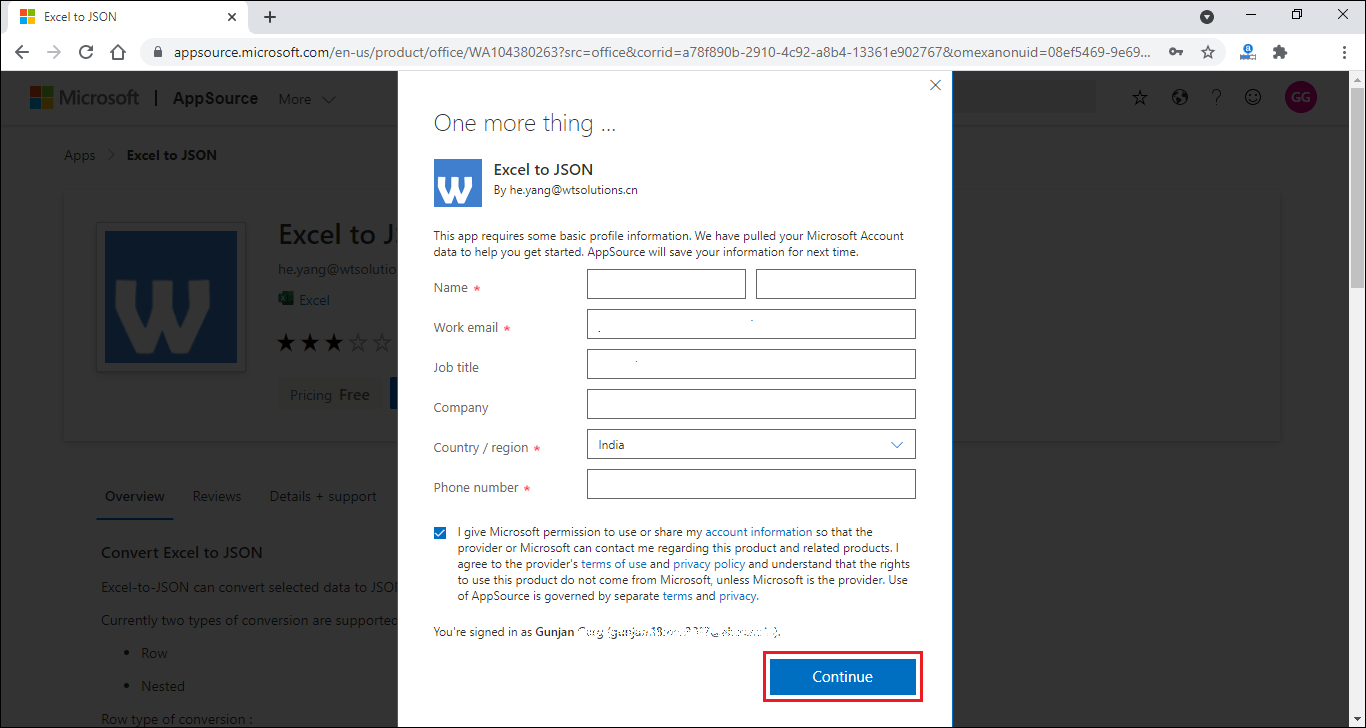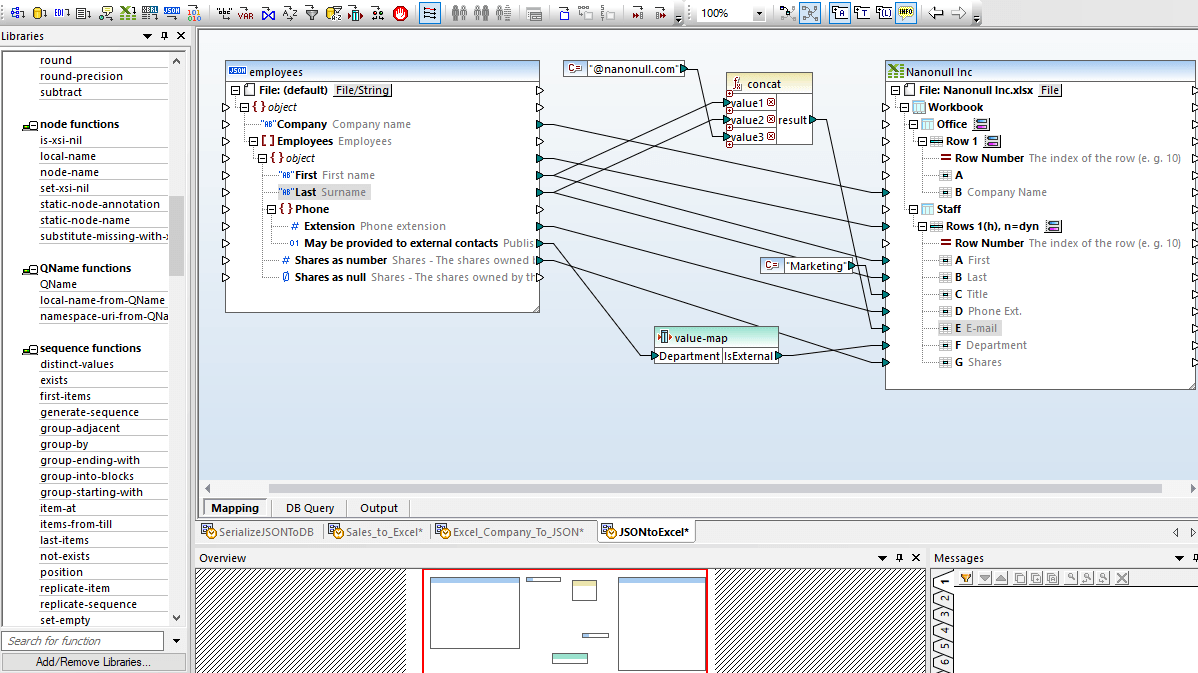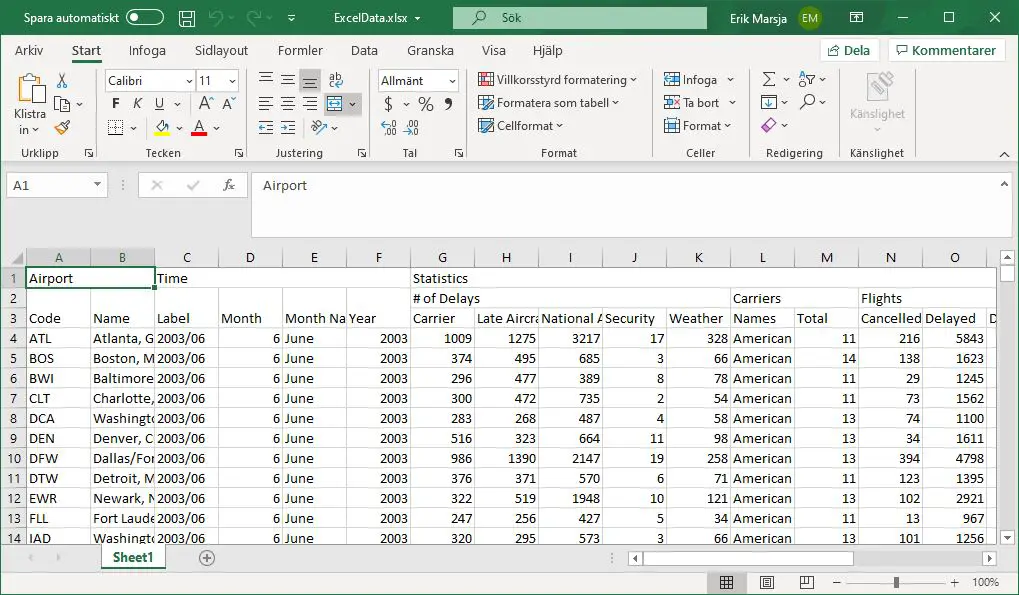

Our objectiveĪNYJSON.in is a one-stop station for all JSON Data related tools. ANYJSON has the tools to convert JSON to CSV, JSON to HTML, JSON to YAML, JSON to TABLE, JSON to XML, JSON Formatter with tab space option, JSON Validator, JSON to EXCEL and many more. This way we can work with the data as JavaScript objects, with no complicated parsing and translations. We can also convert any JSON received from the server into JavaScript objects.

JSON is text, and we can convert any JavaScript object into JSON, and send JSON to the server. When exchanging data between a browser and a server, the data can only be text. ANYJSON helps to resolve the problem by formatting and beautifying the JSON data so that it is easy to read and debug by human beings. It also provides a tree view that helps to navigate your formatted JSON data.As JSON data is often output without line breaks to save space, it can be extremely difficult to actually read and make sense of it. JSON Formatter and JSON Validator help to format and validate your JSON text. NoSQL databases like MongoDB and Neo4j also support JSON, though MongoDB uses a slightly modified, binary version of JSON behind the scenes.ĪNYJSON was created keeping in mind the need to help Information Technology Professionals with data analysis and debugging. Relational databases like PostgreSQL and MySQL now ship with native support for storing and querying JSON data.

The popularity of JSON has also resulted in native JSON support by many databases. JSON is "self-describing" and easy to understand.JSON is a lightweight data-interchange format.JSON stands for JavaScript Object Notation.Today it is the format of choice for almost every publicly available web service, and it is frequently used for private web services as well. Over the last 15 years, JSON has become ubiquitous on the web. JSON is commonly, but not exclusively, used to exchange information between web clients and web servers. Although JSON is derived from JavaScript, it is supported either natively or through libraries in most major programming languages. It's meant to be a human-readable and compact solution to represent a complex data structure and facilitate data-interchange between systems.JavaScript Object Notation is a schema-less, text-based representation of structured data that is based on key-value pairs and ordered lists. JSON stands for "JavaScript Object Notation" and is pronounced "Jason" (like in the Friday the 13th movies).


 0 kommentar(er)
0 kommentar(er)
